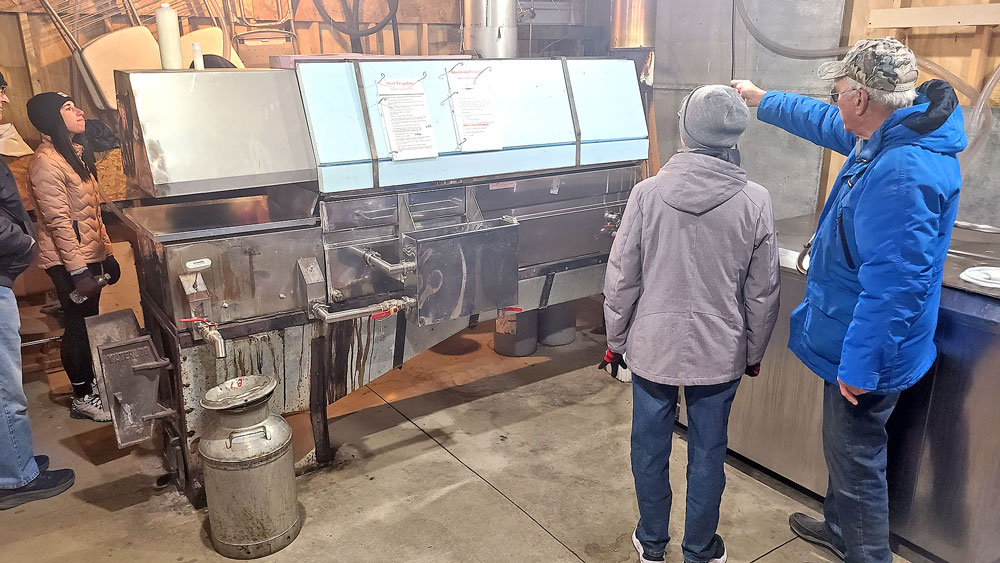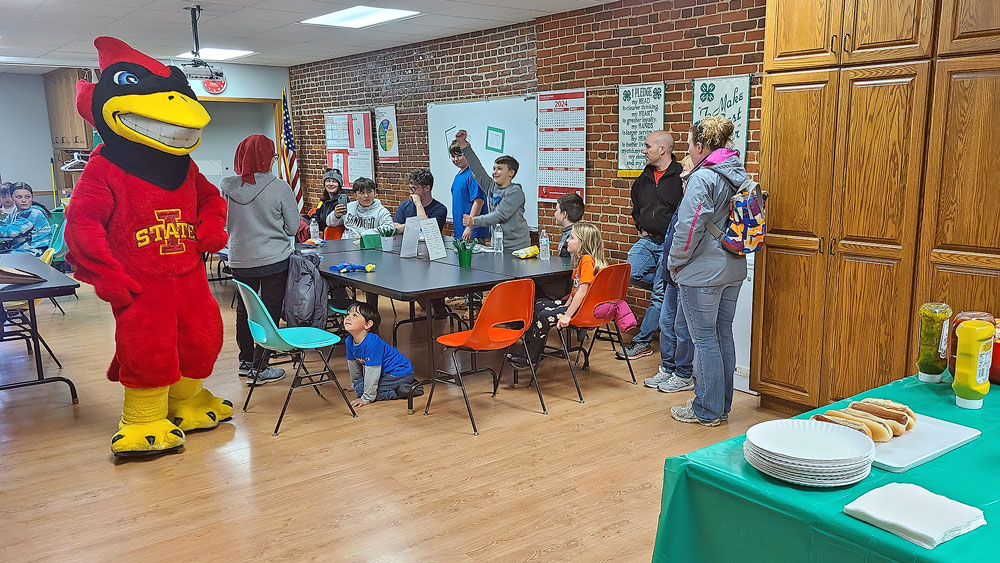GROB: Ferris Bueller and kids falling behind
By James Grob, jgrob@charlescitypress.com
Life moves pretty fast. If you don’t stop and look around once in a while, you could miss it.
I didn’t say that — Ferris Bueller did. Or rather, writer and director John Hughes, who created the title character for the 1986 teen comedy film “Ferris Bueller’s Day Off,” said it.
You’re probably familiar with the movie, which is pretty much two hours of watching a teenage kid cleverly evade responsibility, which is what teenage kids are supposed to do — not all the time, but once in a while.
The film stars Matthew Broderick as Ferris Bueller, a high-school slacker who skips a day of classes in his Chicago suburban school and spends the day in the city with his girlfriend and neurotic best buddy.
Ferris is just smart enough for his own good. It’s fun to watch him manipulate his clueless parents and out-wit the other adults who are standing in the way of his fun. This includes his crabby high school principal, who has figured out his schemes and would love to ruin everything and bust him back down to junior high.
But Ferris is the allegorical Road Runner in this story, and the principal is Wile E. Coyote — and we all know the coyote never catches the Road Runner.
Throughout the movie, Ferris breaks down the fourth wall, looks into the camera and talks to us, the audience, directly. We’re in on the joke, and that’s part of the fun. We know that Ferris is going to be OK, he’s got everything covered. The entertainment comes from seeing how he covers everything.
The lessons Ferris and his friends learn and enjoy on their skip day are far more valuable than the lessons they would have learned in school.
And no, movies aren’t real life. No one is really as clever as Ferris Bueller. But I think of Ferris Bueller these days whenever I hear that hybrid learning in our schools is causing our kids to “fall behind.”
Are they really falling behind?
You can show me statistics and you can tell me personal narratives to prove this premise, and I’ll have to admit you’re right. Also, I’ll still think you’re wrong.
I do believe that, without question, direct and in-person learning is the best way to teach most kids. Our goal, as a community, should be to get back to that as soon as we possibly can.
However, there is a benefit to learning how to adapt. These kids are dealing with something on a scale that no one else has ever had to deal with. They are learning, from their teachers, how to adapt, improvise and overcome.
They are learning how to find alternative ways of getting things done.
So, as they’re falling behind in some areas, perhaps they may be actually getting ahead in others. They are learning lessons that won’t be reflected on a test, but will be reflected in their character as adults.
It’s easy to accomplish things when conditions are ideal. The problem with that is, in the real world, conditions are almost never ideal.
These kids are watching and learning how to deal with adversity. Also, they’re learning how not to deal with adversity.
Yes, let’s get them back to a normal classroom setting as quickly as we can. I agree.
But don’t rush it. Don’t force the issue. Let’s make sure everyone’s safe. Let’s make sure we’ve controlled the spread. Learning geometry is important, but it’s not likely to impact your life nearly as much as losing a parent or grandparent before their time will.
I’d happily give up everything I’ve ever learned about algebra for just one more day with my grandpa. Wouldn’t you?
I believe these students are going to surprise us, when we discover how much they really learned when we thought they weren’t learning anything.
I think we might be stunned when we eventually see how far they leapt ahead as they were falling behind.
To paraphrase Ferris Bueller himself, when these kids are adults, they won’t be asking “What are we going to do?”
They’ll be asking, “What aren’t we going to do?”









Social Share